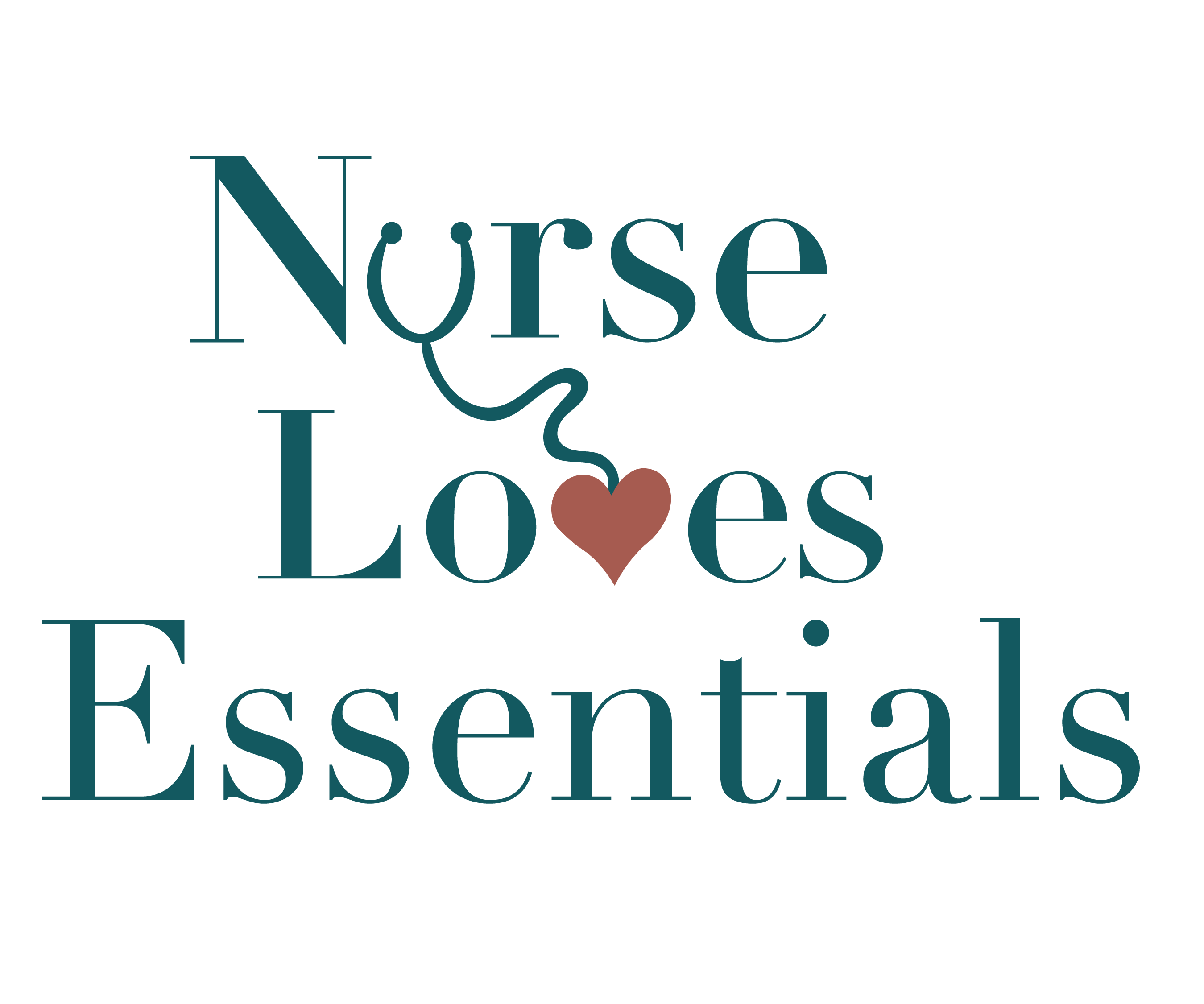Are you currently in the role of a caregiver?
If so, you already know that your journey is rewarding and challenging. You have to devote your time, energy, and heart to caring for someone else who is likely a stranger.
Finding the right support is key to maintaining your well-being and ensuring the best care for the person you look after.
I created this blog post—to guide you through finding the best support for caregivers like yourself.
Who is a caregiver?
A caregiver provides care and support to another person in need of assistance due to age, illness, disability, or other conditions that limit their ability to perform everyday tasks independently.
Caregivers can be family members, friends, or professionals hired to provide care services.
Caregiving can be a rewarding but demanding role that requires significant time, energy, and emotional investment. Family caregivers, in particular, often face unique challenges as they balance their caregiving responsibilities with their personal and professional lives.
Responsibilities of a caregiver
Caregiving responsibilities can include tasks such as:
- Personal Care
- Medication Management
- Meal Planning and Preparation
- Mobility Assistance (for patients who are not mobile)
- Medical Procedures (like cleaning wounds or giving injections)
- Emotional Support
- Cognitive Support (if the patient has diseases such as Alzheimer’s or dementia, the caregiver might need to be doing mental stimulation)
- Household Management
- Financial Management
- Patient Advocacy
- Legal Matters (power of attorney, living wills, and advance directives)
RELATED POSTS:
- 11 Simple Ways You Can Improve Chronic Illness Productivity (coming soon)

Why a Caregiver needs to find support
As someone who takes care of others, here are the reasons you need to find support:
Emotional toll
Caregivers frequently experience a range of emotions, including sadness, frustration, guilt, and even grief, as they witness their loved ones’ or wards’ deteriorating health. You may need emotional support to cope with these intense feelings.
Isolation
Caregiving responsibilities can be isolating as you may have limited time to socialize or engage in activities outside of your caregiving role. This isolation can lead to loneliness and detachment from your support network.
Lack of self-care
Caregivers often prioritize the needs of their care recipients over their own, neglecting their self-care. This can result in physical and emotional exhaustion, making it crucial for them to seek support for their well-being.
Uncertainty and stress
Caring for someone with a chronic or progressive illness can be emotionally draining due to the uncertainty surrounding the person’s condition. Managing a person’s health can affect your mental and emotional health.
Loss of independence or personal freedom
You may feel like you have lost your independence and personal freedom as your time and energy are dedicated to caring for someone else’s needs, leading to resentment or frustration.
Without appropriate therapy, your mental health can be severely affected.
High expectations
Caregivers may place high expectations on themselves to provide perfect care, leading to unrealistic pressure and stress.
External expectations from family members or healthcare professionals can also add to this burden because most caregivers are expected to place their patients’ well-being before themselves.
Relationship strain
Caregiving can strain relationships as your attention and time divert from other family members or friends. It can lead to conflicts and strained relationships within your support system.
Burnout
The occupational challenges of caregiving can ultimately result in caregiver burnout, a state of physical, emotional, and mental exhaustion. When you experience burnout, you are less effective in your caregiving roles and may even jeopardize your health.
How you can find the best support for caregivers
Here are some ways you can find the best support for caregivers, no matter where you are:
a. Identify your needs.
Start by conducting a self-assessment of your caregiving situation. Identify the specific challenges you are facing, both physically and emotionally. This might include physical care tasks, emotional support, or personal time for self-care.
Once you’ve identified your needs, prioritize them based on urgency and importance. This approach will help you focus on addressing the most critical issues first.
b. Talk to your loved ones.
Open and honest communication with your loved ones is crucial. Share your caregiving responsibilities and challenges with family members and close friends. Ensure they understand your needs and limitations.
Sharing the load can ease your burden and provide additional support. Let your loved ones know when you need personal time or assistance. Establishing boundaries is essential for maintaining your well-being.
c. Seek support groups.
Look for caregiver support groups in your community or online. These groups provide a safe space for caregivers to connect, share experiences, and offer each other emotional support and practical advice.
You should also consider seeking professional counseling or therapy individually or as a family. A therapist can help you navigate the emotional challenges of caregiving and provide strategies for coping.

d. Explore local community resources.
Research local agencies and organizations that offer support to caregivers, such as government programs, non-profit organizations, or healthcare providers specializing in caregiver assistance.
Some community resources may offer educational programs or workshops specifically designed for caregivers. These can help you acquire new caregiving skills and knowledge.
e. Consider therapy.
Consider seeking individual therapy or counseling to address the emotional toll of caregiving. A therapist can provide a safe and confidential space to explore your feelings, cope with stress, and develop strategies for managing caregiver-related challenges.
f. Check out respite care for caregivers.
Respite care temporarily relieves caregivers by allowing someone else to take over their caregiving responsibilities for a set period.
Explore respite care options that provide temporary relief from caregiving duties. This allows you to take a break and recharge while ensuring your care recipient’s needs are still met.
Develop a respite care plan that outlines when and how you’ll use these respite services. Regular and strategic breaks can help prevent caregiver burnout and ensure you can continue providing quality care.
g. Self-care.
Make self-care a priority. Create a ‘me-time’ for yourself, engage in activities you enjoy, and maintain your physical and mental health.
Establish boundaries to balance your caregiving responsibilities with your personal life. Lean on your support network: friends, family, or support groups can provide emotional support and help you find time for self-care.
You should also continue pursuing your hobbies and interests. Engaging in activities that bring you joy is an effective break from caregiving duties.
h. Set boundaries.
Communicate your boundaries with your employer. Let them know what you can and cannot do as a caregiver. Explain the importance of your well-being and the need for personal time.
Encourage family members and friends to respect your boundaries and understand the limits of your caregiving role. Clearly define what they can do to assist you. Establish boundaries around self-care and personal time.
Ensure you prioritize self-care without feeling guilty or overwhelmed by caregiving responsibilities.
i. Stay informed.
Continuously educate yourself about your ward’s medical condition, treatment options, and caregiving techniques. Being well-informed allows you to make informed decisions and advocate effectively on their behalf.
Feel free to ask healthcare professionals questions and seek clarification when needed. Understand your ward’s care plan and be proactive in managing their health.
Stay informed about available caregiver support resources, including local services, support groups, and online communities. Knowing these resources can help you access assistance when needed.
j. Advocate for yourself.
Advocate for your own needs as a caregiver. If you require additional support or respite care, communicate this to your employer, loved ones, family members, and healthcare professionals.
Be bold and ask for help when necessary. Advocate for yourself by contacting support groups, therapy, or organizations specializing in caregiver assistance.

Conclusion
As you reflect on how you can find the best support for caregivers, remember that seeking and receiving help is not a sign of weakness; it’s a testament to your strength and dedication as a caregiver.
By identifying and utilizing the various forms of support available—from family and friends to local communities and therapy—you’re not only ensuring the well-being of your ward but also taking essential steps to safeguard your health and happiness.
You deserve the best support possible, and by embracing it, you’ll continue to be the incredible caregiver you are.
What is your best and worst experience as a caregiver?
READ ALSO: 7 Common Caregiving Challenges And How You Can Overcome Them (coming soon)




0 Comments